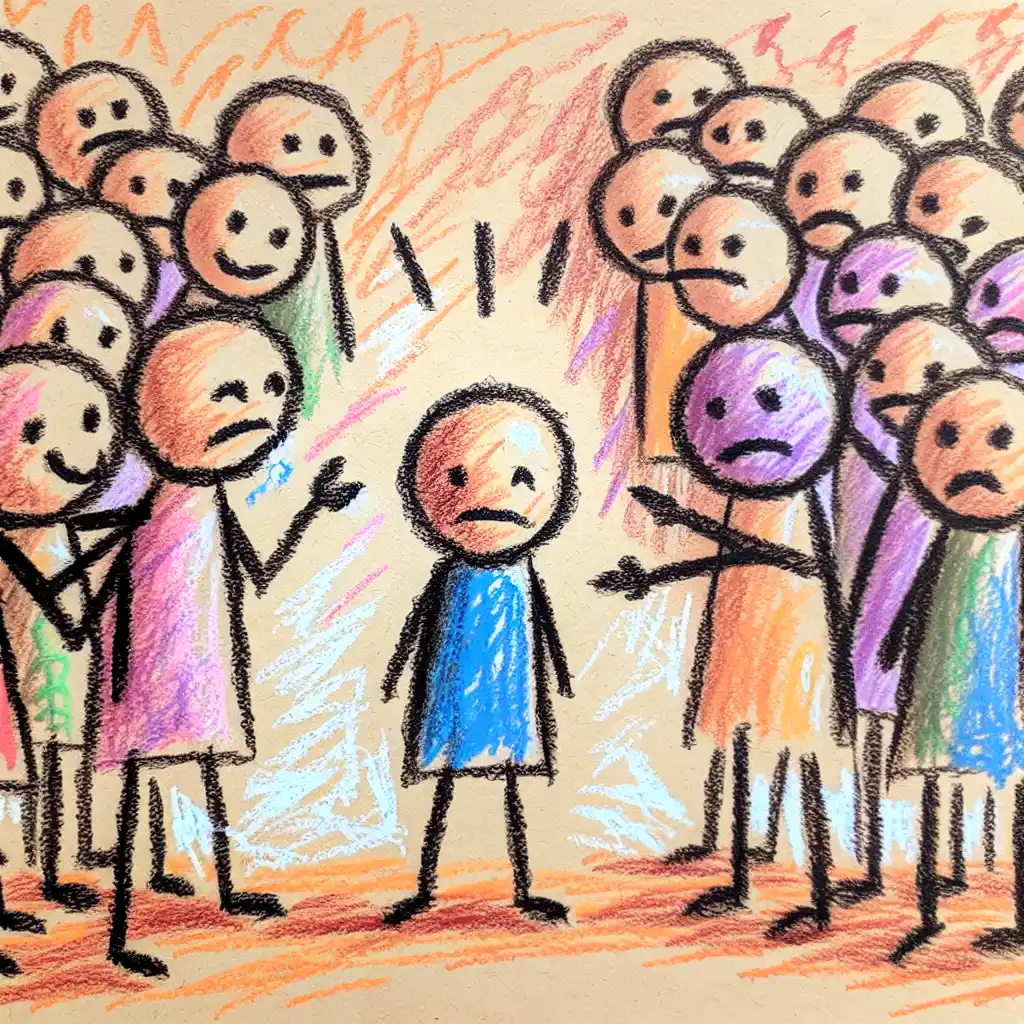Gregg Wallace faces backlash over autism defence for misconduct claims

Explain Like I'm 5
Imagine you're playing a game where you accidentally break a rule. When your friends get upset, you say, "I forgot the rule because I didn’t hear it properly!" But your friends might still be upset because the game got messed up. Gregg Wallace, a man who appears on TV, said something similar. He's been accused of not behaving nicely, and he mentioned he has autism, which makes some social situations tough for him. Some people think he's using this as an excuse, and they are upset because they feel it doesn’t justify his behavior. It’s like when you say you didn’t hear the rule—it explains a bit, but doesn’t fix the game.
Explain Like I'm 10
Gregg Wallace, a TV presenter, is in hot water because some people are saying he didn't act nicely. When people started complaining, Gregg said that he has autism—a condition that can make it harder for someone to understand social rules and how to act with others. He suggested that his autism might be a reason why he acted the way he did. However, not everyone liked this explanation. Some think that Gregg is using his autism as a shield to avoid taking full responsibility for his actions. This has made the situation tricky because it's important to be understanding about autism, but it's also crucial to make sure everyone behaves nicely, especially on TV.
Explain Like I'm 15
Gregg Wallace, known for his role as a TV presenter, has encountered significant backlash following his defense against claims of misconduct. He attributed some of his alleged inappropriate behaviors to his recent diagnosis of autism. Autism affects how people perceive and interact socially, which can sometimes lead to misunderstandings or awkward situations. Gregg’s use of autism as part of his defense has stirred a debate. Critics argue that while autism can explain certain social missteps, it shouldn't be used as an all-encompassing excuse for any kind of misconduct, especially in professional settings where certain behaviors are expected.
The controversy touches on a broader societal issue of how we balance understanding and accommodations for mental health and neurological conditions with accountability in professional roles. It raises questions about inclusivity and sensitivity towards those with such conditions while maintaining professional integrity and safety. The public’s reaction is a blend of support for the awareness of autism and concern that it may be misused as a defense in situations where accountability is due. As the story unfolds, it will likely prompt discussions on how workplaces and the media handle similar cases, balancing compassion with fairness and responsibility.
Want to read the original story?
View Original Source